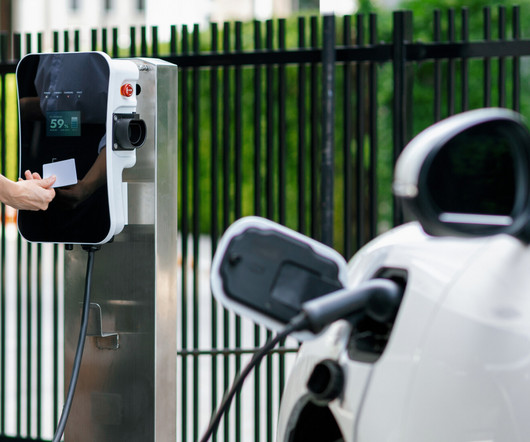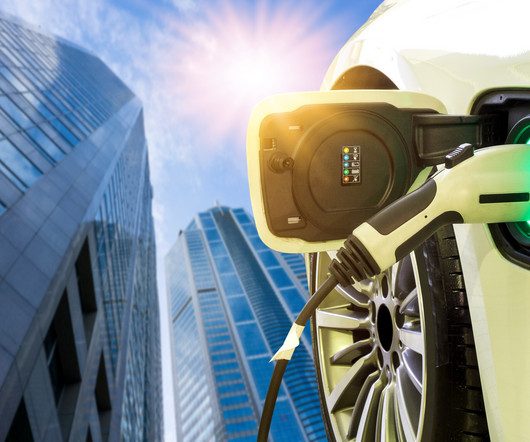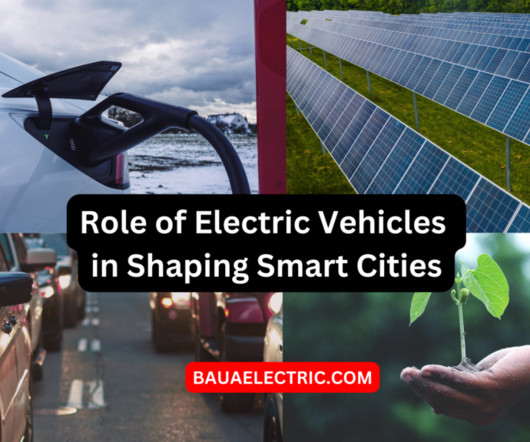Factor in V2G Revenue When Planning Fleet Electrification
Driivz
OCTOBER 8, 2023
Upfront cost remains an obstacle to fleet electrification According to a recent survey , upfront cost is the most significant obstacle to adopting EVs in fleets. Fleet operators have to purchase EVs, purchase, install and manage depot EV charging infrastructure, retrain drivers, and transition maintenance staff.












Let's personalize your content